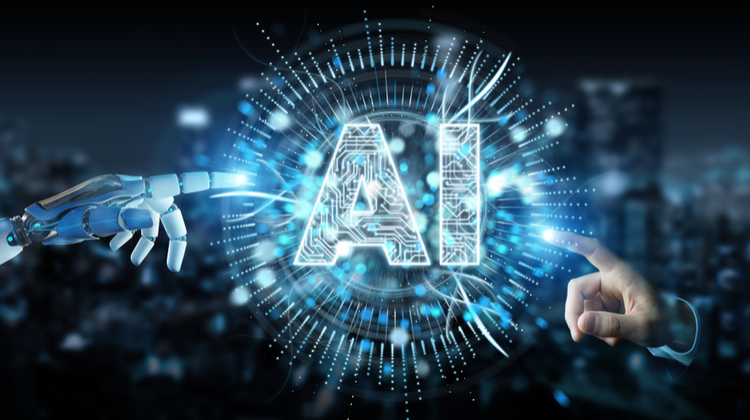The AI Economist: Can It Optimize Tax Policy?
Economist struggle to walk the line between equality and productivity. This is the foundation of the "isms" we typically see.
Economic structures such as socialism strive to improve the equality of the overall system. This is offset by the fact that these systems tend to lower productivity.

Capitalism is at the other end of the spectrum. This is the king of productivity. No system has created more wealth than capitalism. Of course, the problem is that wealth inequality has never been higher. For all its advances, capitalism has not done the best of jobs of spreading the wealth around.
Could AI help to change this?
One of the advantages of AI is that millions of simulations can be run. This will provide outcomes in a variety of ways. Through the learning process, AI can keep pumping out virtual experiments without abandon. As computers get more powerful, this process will only increase.
Salesforce developed an AI economist. The goal of the project is to find the sweetspot between equality and productivity.
Here is a short video on the AI.
A big part of the equation is tax policy. Could we see tax policy designed by AI outpacing what is presently done? There is a chance for this due to a couple different reasons.
To start, tax policy tends to be driven by politics as opposed to optimization. Ideologies drive each side regardless of the impact. In the developed world, we tend to see tax policy that "punishes" success. The belief is that taking from one class and giving it to another is the key to equality.
Sadly, the results have not panned out.
Another factor is that distribution is also not optimized. Government programs tend to be majorly inefficient. The waste associated with them is legendary.
This debate is going to increase in magnitude as more people see their jobs eliminated due to technological develops. Corporations, in a post-COVID world, now have incentive to get rid of as many humans as possible.
Looking at debts around the world, it is obvious that governments (politicians) are horrible as spending wisely. Countries are over extended like at no point in history. Something needs to be done since a sovereign debt crisis is just around the corner. This will likely see governments finding it difficult to get financing meaning they will have to adapt.
Could the AI economist help this situation?
Time will tell what comes of this. However, could it really be any worse than what the politicians are presently doing? Whatever economists they are listening to are telling them the wrong story.
If you found this article informative, please give an upvote and rehive.

gif by @doze

Posted Using LeoFinance
Upvoted by GITPLAIT!
We have a curation trial on Hive.vote. you can earn a passive income by delegating to @gitplait
We share 80 % of the curation rewards with the delegators.
To delegate, use the links or adjust 10HIVE, 20HIVE, 50HIVE, 100HIVE, 200HIVE, 500HIVE, 1,000HIVE, 10,000HIVE, 100,000HIVE
Join the Community and chat with us on Discord let’s solve problems & build together.
All things being equal. That's always the Achilles heel of Economics. We cannot use scientific method with Economics because we can never have a control Economy to compare. We could try comparing one economy to another where something was tried; but, things are never equal in terms of size, social values, populations, industries, resources, and such.
Even within a country, it is impossible to get a handle of all the little details that contribute to an economy. This relates to chaos theory. A kid trading Magic The Gathering cards could end up causing a tuna shortage in Des Moines, Iowa through a crazy chain of events. There is so much minutiae to model that even AI would eventually fall flat like weather models tend to do on long range forecasts.
It would also have to account for rent seekers. As soon as policy is changed, somebody somewhere will figure out ways to cash in. How do you model that? We see that here on Hive whenever hard forks try to address a problem, whether spam, gaming votes, bots, etc.
At best, I think AI can come up with general ballpark figures of what could work in an economy. It could be a start.
Posted Using LeoFinance